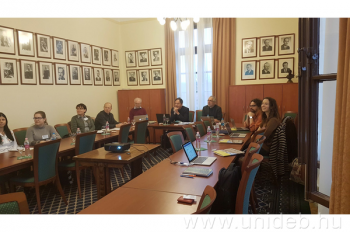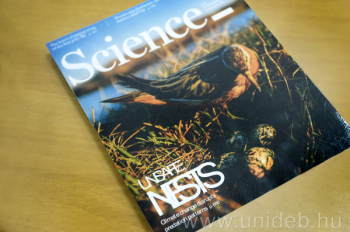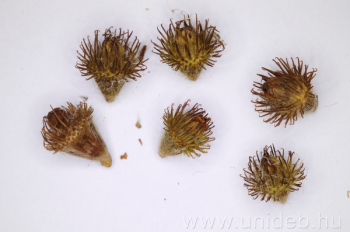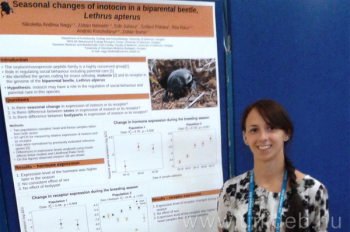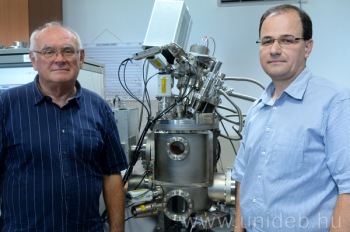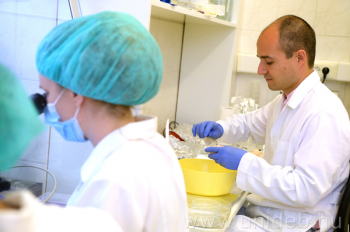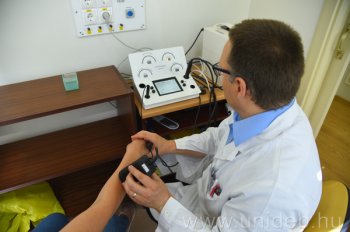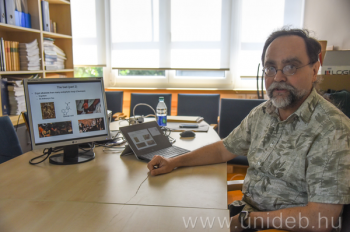Invited by the Faculty of Humanities and the Department of Sociology and Social Policy, representatives of CARPE, the strategic alliance of European universities, arrived for a 2-day workshop at UD.
Hírek Research címkével
An international research team, led by a professor working at the University of Debrecen, examined the impact of climate change on the nesting patterns of shorebirds. The project has produced some surprising results, which opens up new perspectives on the consequences of global warming.
Along with ten other Hungarian universities, the University of Debrecen has become part of the Higher Education Institutes' Excellence Programme. UD received 250 million HUF for realizing its goals. The programme finances research projects that give priority to the practical use of results.
Ecologists of UD have produced surprising results in their research studying the effect of human activities on the dispersal of vegetation. Their presentation was a huge success at the conference of The Ecological Society of Germany, Austria and Switzerland.
Nikoletta Andrea Nagy, a young biologist at University of Debrecen, studies the hormonal background of the biparental care of lethrus apterus. Her presentation on her research was judged the best at the 29th Conference of European Comparative Endocrinologists.
Researchers at the University of Debrecen have succeeded in transforming extremely thin films of metal into a special alloy. The article on the new discovery and its relevant research background has been published in one of the top ten periodicals on materials science, Progress in Materials Science.
Novel cartilage cell research is underway at the University of Debrecen. It investigates the role of so-called „clock genes” in regulating cartilage tissue formation. The programme has won the Premium postdoctoral research support of the Hungarian Academy of Sciences.
The University of Debrecen is to establish a proton therapy institute on the basis of an agreement signed earlier with Rusatom International Network, which is going to be the first step in the cooperation with Institute of Nuclear Research of the Hungarian Academy of Sciences.
New therapeutic options for atopic eczema are being sought at the Department of Dermatology and Allergology at the University of Debrecen. Research has found that, in the treatment of the frequent skin disease, immunotherapy for hay fever can be effective.
Researchers from the University of Debrecen have contributed to introducing a new technology for yielding one component of the parasitic fungus Claviceps paspali. The special active agent is used in the pharmaceutical industry.
